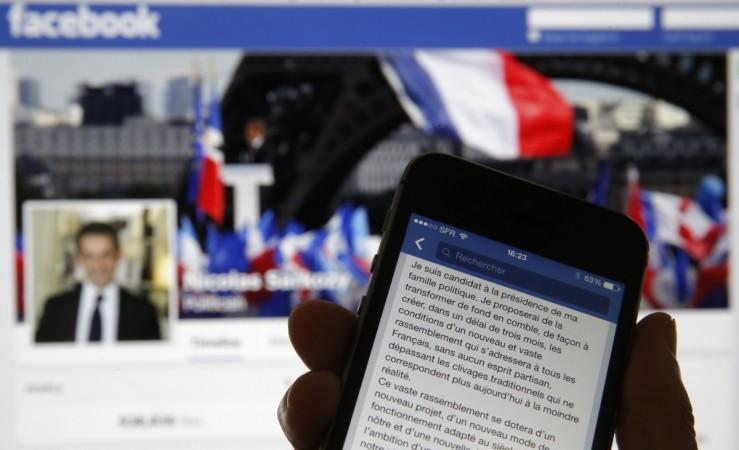
Facebook not only wants to be the source of news about that friend you secretly hate or that ex you secretly love to stalk, but also your personalised newspaper that feeds you stories from across the world. This means that Facebook's algorithms will tailor the news according to the interests of each user.
With a healthy diet of world news, community events, and regular updates about friends, a Facebook user need not look elsewhere to quench the hunger for information. Vocalising his vision for the newsfeed during a public Q&A event, Facebook CEO Mark Zuckerberg said, "Our goal is to build the perfect personalized newspaper for every person in the world."
Elaborating on the same, Zuckerberg had added, "That means that if businesses are sharing content that may be useful to them (Facebook users), then we'll show that. But if that means that businesses are sharing content that isn't going to be useful for them, we may not show that, because it's probably more important that they learn about a friend who had a baby and their baby is healthy".
While a custom-made newspaper is appealing to all Facebook users, it spells trouble for the traditional news media, especially since there is a growing trend of the younger generations shunning newspapers for their smart phones and tablets.
As Ken Paulson, a former editor of USA Today and the current dean of communications at Middle Tennessee State University, told Phys.org, "It is a different approach to newspapering... It's something a traditional newspaper can't do."
According to a Pew Research Centre study published in September, Facebook is already the news powerhouse among social media sites, with half of its users sharing news stories, images or videos and around 46 percent of them discussing news issues or events.
The study also showed that Facebook is providing a highly diverse array of news stories to its users, with roughly half of Facebook users getting feeds on six different topics per day. Being a major driver of traffic to news sites, Facebook has enormous power over the news media.
"News organizations are trying to build their strategy around trying to guess the algorithm, and ultimately that's a losing strategy," Nikki Usher, a George Washington University journalism professor specialising in new media, said.
Meanwhile, Paulson reiterates that though Facebook is a useful platform for sharing news, it cannot be a replacement for the soulful and investigative journalism that newspapers take pride in.

















